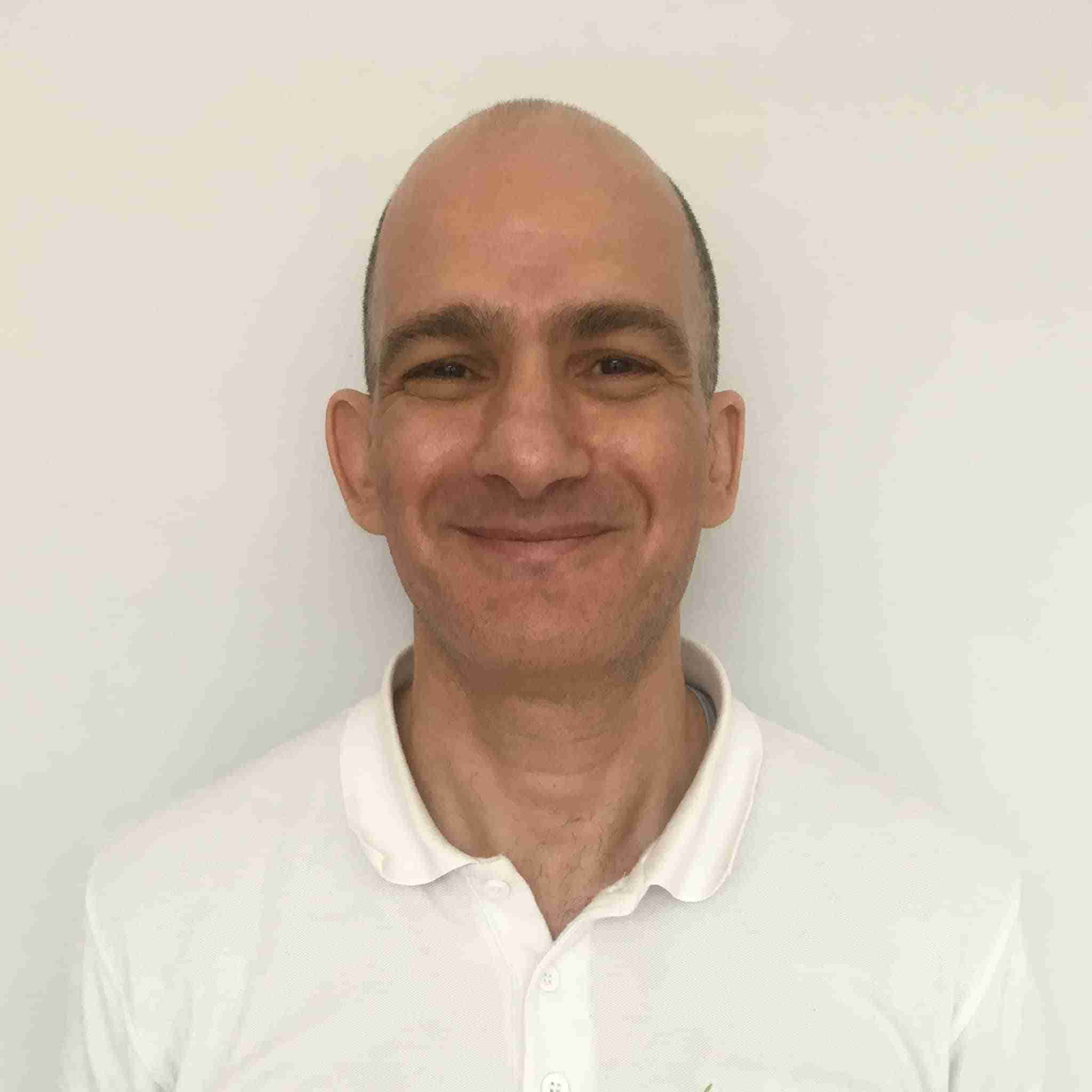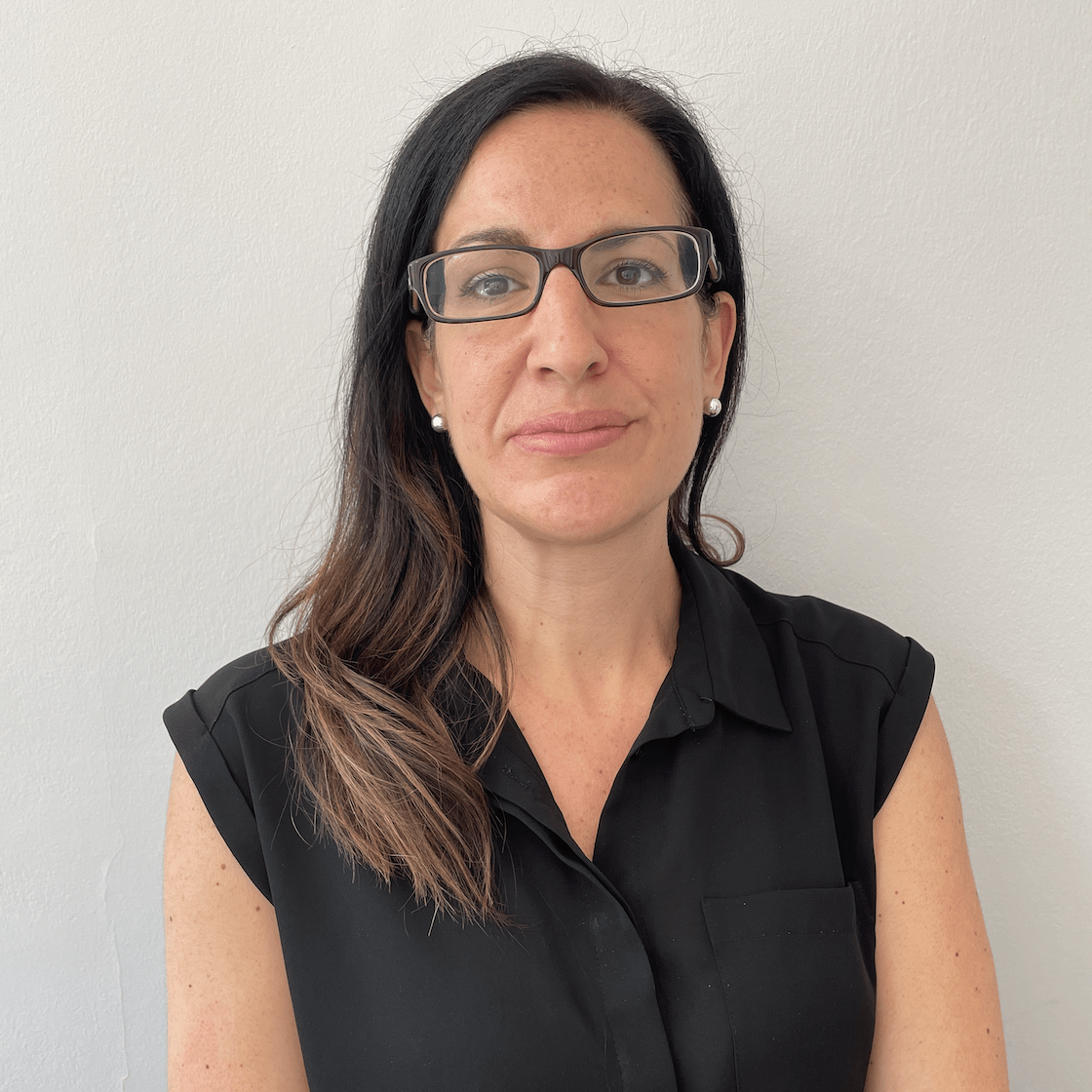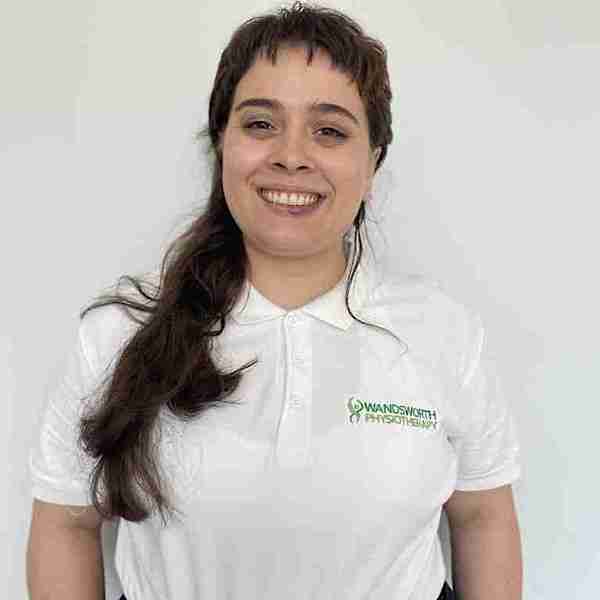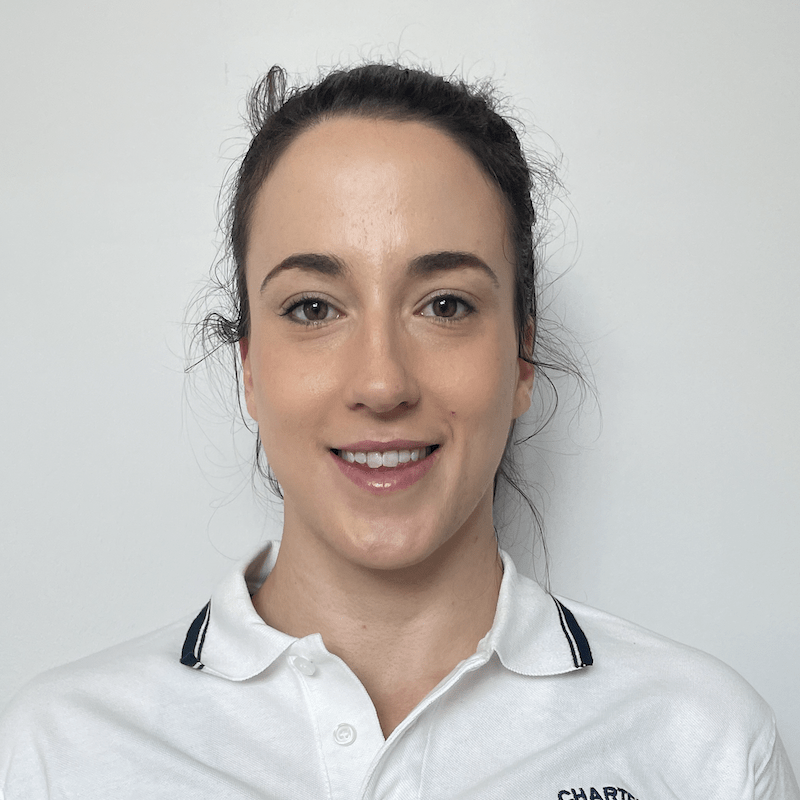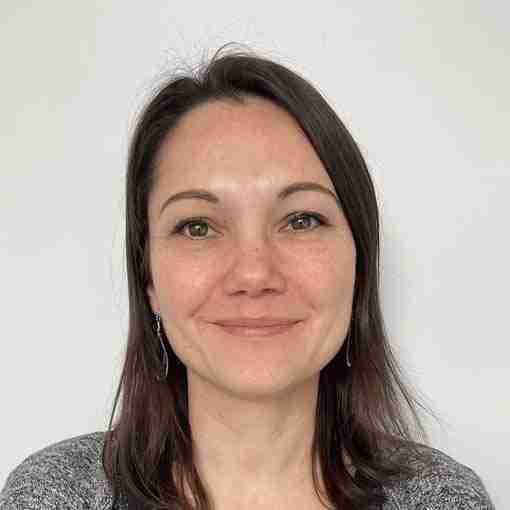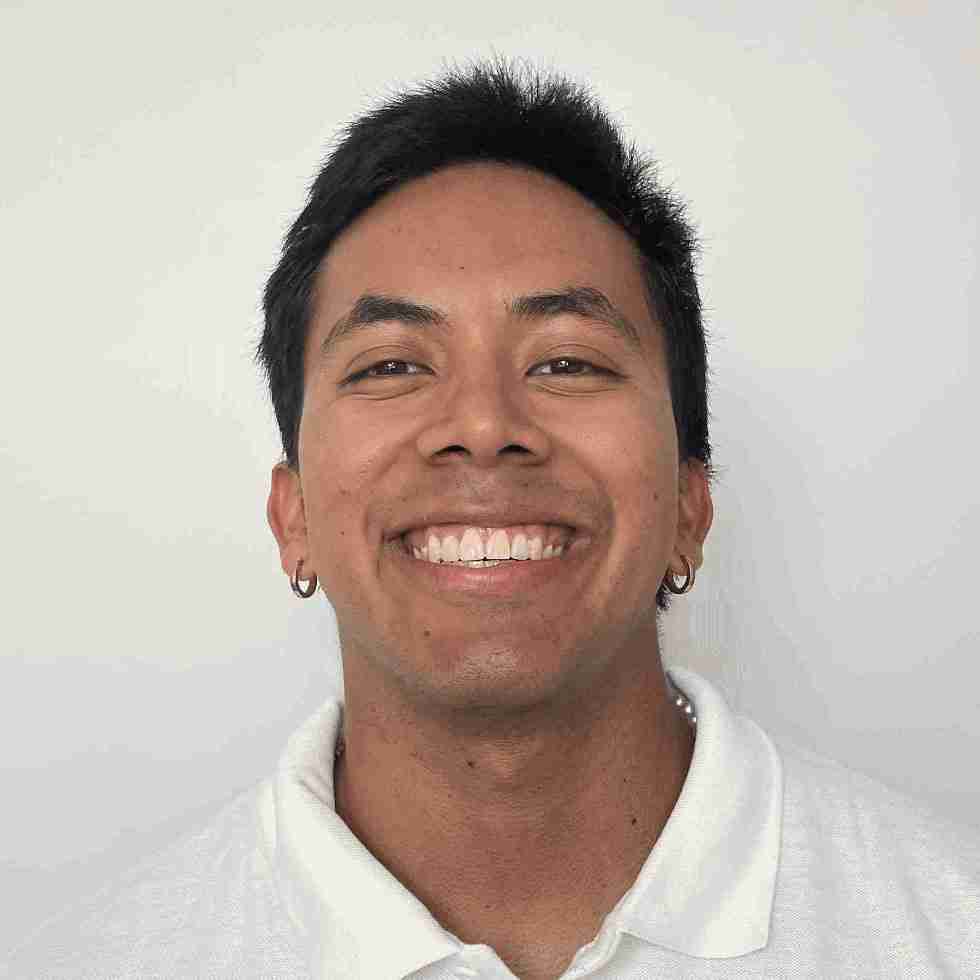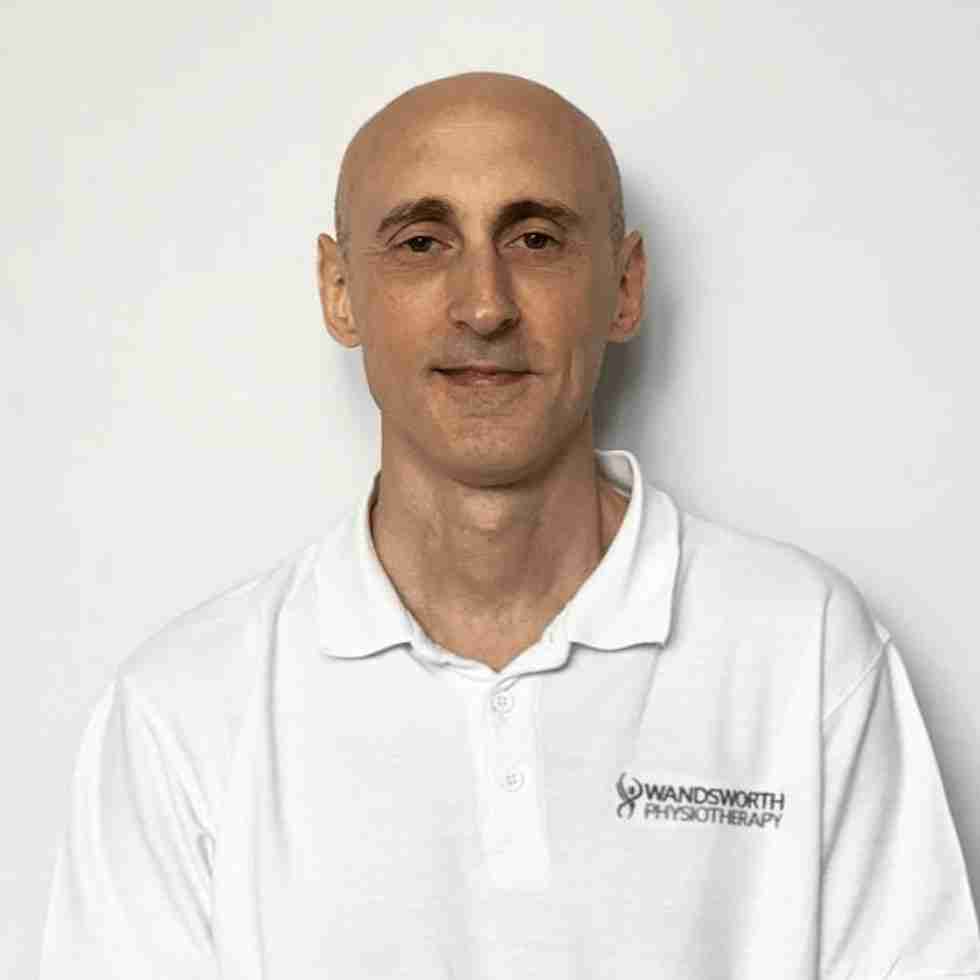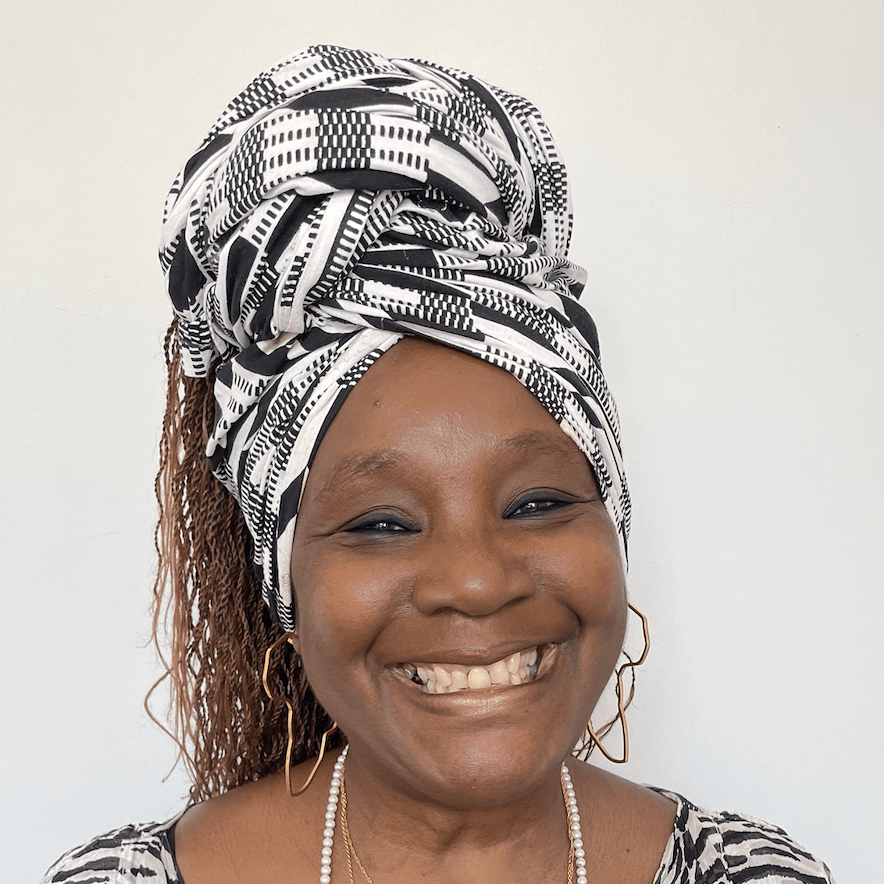Shoulder Clinic
Are you suffering from shoulder pain?
- Have you fallen and landed on your shoulder?
- Did you feel a sharp pain when training in the gym?
- Is it painful to play tennis, squash or any throwing sport?
- Do you suffer from pain when you wash or brush your hair?
- Is your shoulder pain waking you up in the night?
- Do you wince when you put on a jacket, shirt or t-shirt?
If you answered yes, then our shoulder pain clinic is for you.
Shoulder problems are the third most common cause of people reporting to see a physiotherapist behind back pain and knee pain. There are number of problems that can affect your shoulder such as:
- Rotator cuff pathology (tears, tendinopathy, biceps tendinopathy and calcific tendinosis)
- Instability (dislocations, subluxations)
- Labral tears
- Frozen shoulder (adhesive capsulitis)
- Acromioclavicular joint problems (subluxation, dislocation, fracture)
- Referred pain from the neck, upper back or internal organs such as the liver
We will assess your shoulder and let you know what is causing your pain and put a treatment and exercise plan together for you.
In your first session with the physiotherapist we will carry out a very detailed assessment of your shoulder asking you how long you have had the pain, what may have caused it, how your symptoms differ throughout the day, what aggravates and what eases your symptoms, and also ask you some past medical history questions.
Once we have conducted this interview with you we will then assess your shoulder looking at your movement, strength and flexibility, and we will also do an ultrasound scan of your shoulder. Ultrasound scans are as good if not better than MRI at imaging the shoulder. Once we have come up with a diagnosis we will implement a treatment plan for your shoulder problem designed to reduce your pain and improve your shoulder function.
Ready to Make a Change?
At Wandsworth Physiotherapy & Osteopathy we're focused on getting you out of pain and back to what you love doing, from simply sitting comfortably to playing with your kids, getting back into the gym or being able to run 5k again, our expert Physiotherapists, Podiatrists & Osteopaths are here to help!
All appointments are secured with payment. All appointments cancelled within 24 hours of the start time or not attended will not be refunded.
Management of rotator cuff tears
The rotator cuff is a small set of muscles that arise from your shoulder blade and insert into the arm bone and help to control the fine movements of your shoulder. We can see partial or complete rotator cuff tears on an ultrasound scan. Rotator cuff tears can be extremely painful, partial tears need physiotherapy and rehabilitation, whereas complete tears may need surgical repair after which you will require extensive physiotherapy.
Rotator calf tendinopathy is perhaps more common, again is seen quite well on ultrasound and can be managed very well with physiotherapy. This type of problem can be subdivided into the following categories.
Rotator cuff tendinopathy
An underloaded tendinopthy can occur. This type of tendon pathology occurs in sedentary people who do not put any kind of healthy everyday stress through the tendon, which should allow it to strengthen. It is also common in overweight and unhealthy people who produce inflammatory chemicals that causes increased tendon degeneration.
Acute reactive rotator cuff tendinopathy
An acute reactive tendon is usually inflamed and painful and occurs in people who suddenly increase their load such as going from being fairly sedentary to deciding to do a lot of DIY or take up a new sport. The pain is reproduced by loading and can take several days to settle, there may be pain at rest and night pain.
Overload degenerative rotator cuff tendinopathy
This is a pathological tendon with disorganised and weak collagen only seen in people who have been over exercising for a long time. These types of people are experienced tennis players and golfers, for example, who have overused their shoulders for a number of years.
This type of tendon problem also includes people who have tears in their tendon and can be difficult to manage such as requiring shockwave treatment, sometimes surgery and extensive physiotherapy.
Acutre calcific tendinitis
Another type of extremely painful shoulder pathology is called calcific tendinopathy or tendinitis. This is a very acute and painful tendon and present to physiotherapists with little or no movement of the shoulder and is extremely painful. On an ultrasound scan there will be calcium deposits seen in the tendon. This type of problem can be managed quite well with a steroid injection and physiotherapy.
Subacromial bursitis
The subacromial / sub deltoid bursa is a space between the deltoid muscle and tip of the shoulder blade and underlying rotator cuff tendons. The space has a thin flim of fluid to adid movement and prevent friction. It is a very sensitive tissue and in most people is not bothersome. However, in some people it can become aggravated and swell, leading to shoulder pain. The SA/SD busra can be seen on ultrasound and if it is swollen it can be treated with an ultrasound guided steroid injection.
Acromial clavicular joint arthritis
The AC joint is where the tip of the shoulder blade (acromion) meets the collar bone (clavical). Its function is to aid movement. It can become aggravated and sprained during a fall or bang such as a skiing acident or in a rugby tackle. It can also become slightly worn as we age and develop signs of arthritis. This can present as pain on the top of the shoulder with overhead movements and may be aggravated by going to the gym or doing DIY. The AC joint can clearly be seen on US and if it is swollen and sore can be treated with an ultrasound guided steroid injection.
Frozen shoulder
Frozen shoulder is a lay term for a painful condition that affects the shoulder joint. It is termed adhesive capsulitis – a term that describes the shoulder joint capsules becoming stiff and stuck causing pain and reduced range of movement.
Typically the onset of frozen shoulder can take anywhere from a couple of months up to a year. In this time you will experience pain in the shoulder with a gradually worsening range of movement and stiffness. The loss of range of movement can be quite severe with you losing the ability to lift your arm above shoulder height. The pain can also be quite severe.
The shoulder joint capsule normally contains 30ml of joint fluid and the bottom aspect of the joint capsule is baggy allowing room for the arm bone to move into on arm movements. However, in a frozen shoulder the capsule shrinks to as little as 3ml of fluid – thus you can see how this would affect the joint’s range of movement.
In fact your physio will be able to diagnose a frozen shoulder by the amount of movement you have in your shoulder and from your pattern of symptoms. If they are unsure they will ask your GP to refer you for an x-ray to rule out arthritis. If your x-ray is normal and you have shoulder pain and a gross loss of movement – you have a frozen shoulder.
It is estimated 1 in 20 people in the UK may suffer from a frozen shoulder, with the most common age of onset being between 40 and 60 years of age. The condition is more common in women than men. You are more likely to suffer a frozen shoulder if you are diabetic, have heart disease or have had previous shoulder trauma. There may also be an infectious cause that is at present still not properly understood.
A frozen shoulder can be managed with painkillers and physiotherapy range of movement exercises and joint mobilisation, acupuncture may also help. If physiotherapy is not helping you could be referred for a steroid injection or for a hyper-dilation injection that aims to restore the size of the joint capsule.
Frozen shoulders do typically get better, however in a worse-case scenario they could take up to a year of longer to resolve.
Don’t let your shoulder continue to trouble you, book in to our shoulder clinic today.
Meet The Team
Get In Touch
Request a call back - tell us about your problem… if you’re not sure what physiotherapy or osteopathy are and whether they can help your problem request a call back from one of our expert therapists.
We can listen to your problem and let you know if we can help... just leave your details using the contact form and we'll be in touch as soon as possible!
Please note: Enquiries are checked daily and will be responded to within 24 hours during clinic open hours.
Cancellation Policy
Please note we have a 24 hour cancellation policy. Please respect our therapists and give them more than 24 hours notice if you need to change or cancel an appointment. All appointments are secured with payment. All appointments cancelled within 24 hours of the start time or not attended will not be refunded. Failure to make payment on request will affect future appointments that we are able to offer you.
Thank you.
Telephone Reception
We have reception cover most of the time we are open, however if you can't get through it's quick and easy to book online. Please be aware that calls to Wandsworth Physiotherapy & Osteopathy are recorded to comply with ICO data protection and the recordings are stored for 3 months then deleted. All stored information is password protected.
Opening Hours
| Monday | 08:00 - 21:00 |
| Tuesday | 08:00 - 21:00 |
| Wednesday | 08:00 - 21:00 |
| Thursday | 08:00 - 21:00 |
| Friday | 08:00 - 20:30 |
| Saturday | 09:00 - 16:00 |
| Sunday | 10:00 - 15:00 |
No reception cover on Sundays - please book online, the door may be locked so ring the bell.

